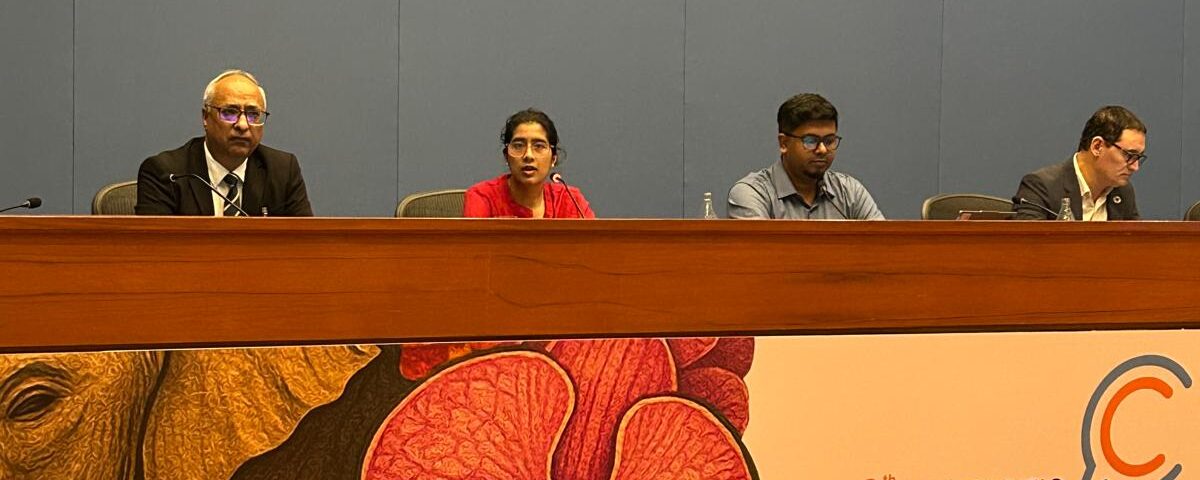Enablers and Barriers to Transformational Adaptation: Insights from CLARE at the 9th APAN Forum
/
At the 9th Asia-Pacific Climate Change Adaptation Forum (APAN Adaptation Forum), the CLARE community showcased a rich array of strategies to enable transformational adaptation – emphasizing the importance of co-creation, inclusivity, and strategic engagement.
The 9th APAN Forum took place from September 29 to October 3 in Bangkok, Thailand, under the theme “Resilience for all: catalyzing transformational adaptation”. As a flagship climate adaptation event and the largest gathering of adaptation practitioners in Asia and the Pacific, the APAN Forum offered a platform to exchange learning, shape priorities, and advance climate solutions.
To find out more about the 9th Asia-Pacific Climate Change Adaptation Forum, its emerging themes, and key takeaways, please visit the PlanAdapt website.
CLARE at the APAN Forum
The CLARE community in Asia and the Pacific came together at the APAN Forum for a flagship session centred around the theme “Enablers and Barriers to Transformational Adaptation”. The session was facilitated by Biplav Pradhan, Asia representative of CLARE’s Capacity Strengthening Hub. Sonwabile Lugogo, a researcher with CLARE’s R4I Hub, set the scene by sharing findings from a forthcoming CLARE working paper on transformational adaptation in practice. He highlighted that transformational adaptation goes beyond incremental fixes, requiring systemic change, community-led approaches, and innovative solutions that confront root causes of vulnerability, such as poverty, inequality, and governance. These elements are critical for ensuring adaptation is just, scalable, and sustainable.
The panel session showcased lessons from six CLARE projects working across Asia in Bangladesh, Bhutan, Nepal, India, and the Philippines. The speaker panel was composed members of the CLARE community in Asia and the Pacific, including:
- Shobhakar Dhakal, Professor, Department of Energy and Climate Change, Asian Institute of Technology (AIT), Thailand (representing CLARE-ASEAN, which implemented in ASEAN countries)
- Nazia Khan Lina, Research Associate, Refugee and Migratory Movements Research Unit (RMMRU), Bangladesh (representing SUCCESS, a project implemented in Bangladesh, India, Nepal, and Bhutan)
- Pavan Srinath, Managing Partner for Communications and Development, WELL Labs, India (representing CLARITY, a project implemented in India in Asia)
- Raju Pandit Chhetri, Executive Director, Prakriti Resources Centre, Nepal (representing iCRA project implemented in Nepal in Asia)
- [Virtual] Flora Monica Belinario, Program Implementation and Innovative Finance Director, Fish Forever Philippines (representing ClimateREEFS, a project implemented in the Philippines and Indonesia)
- [Virtual] Md. Lutfor Rahman, Research Officer, International Centre for Climate Change and Development (ICCCAD), Bangladesh (representing Innovative Facilitation, a project implemented in Bangladesh, Nepal, and the Philippines in Asia)
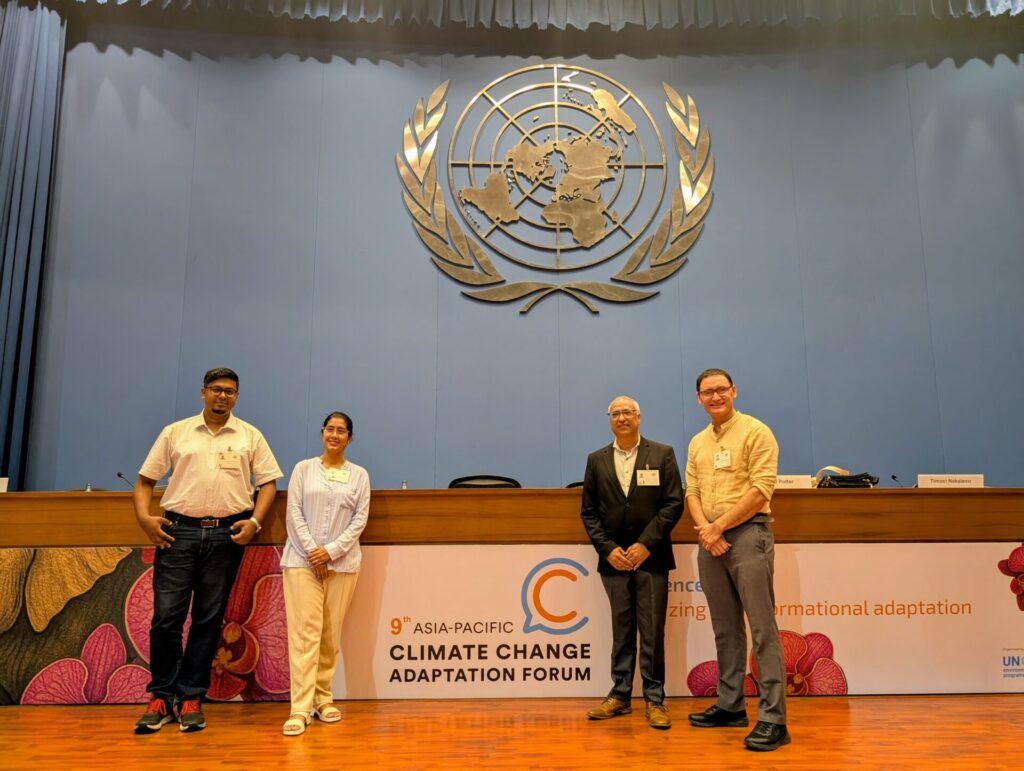
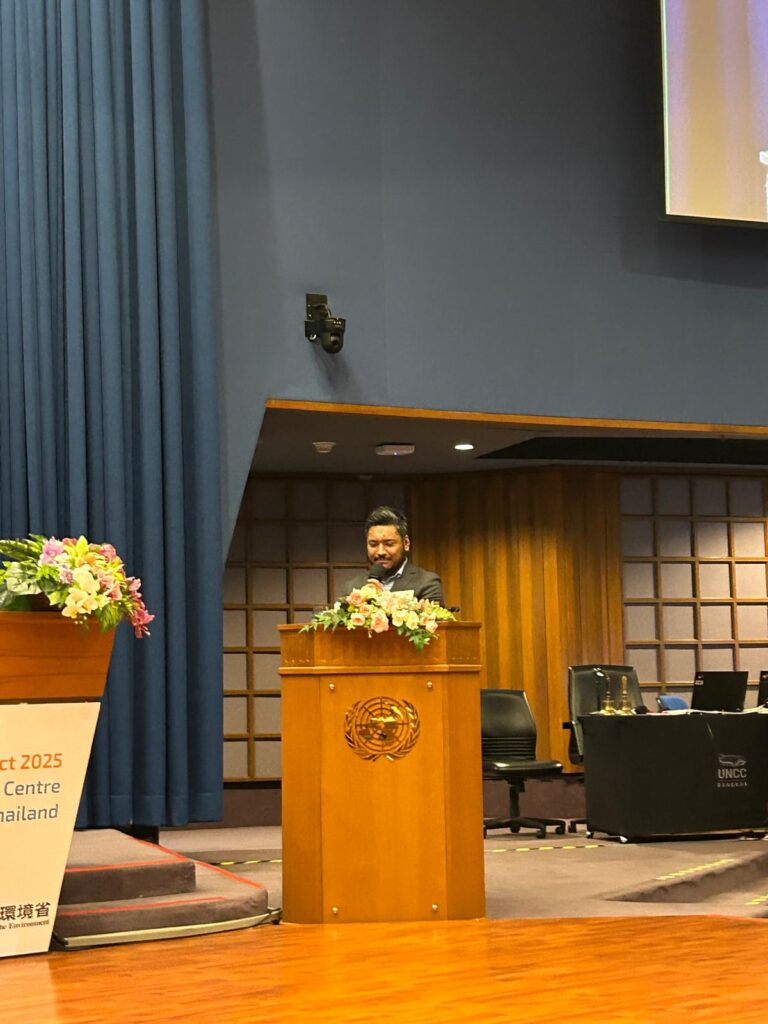
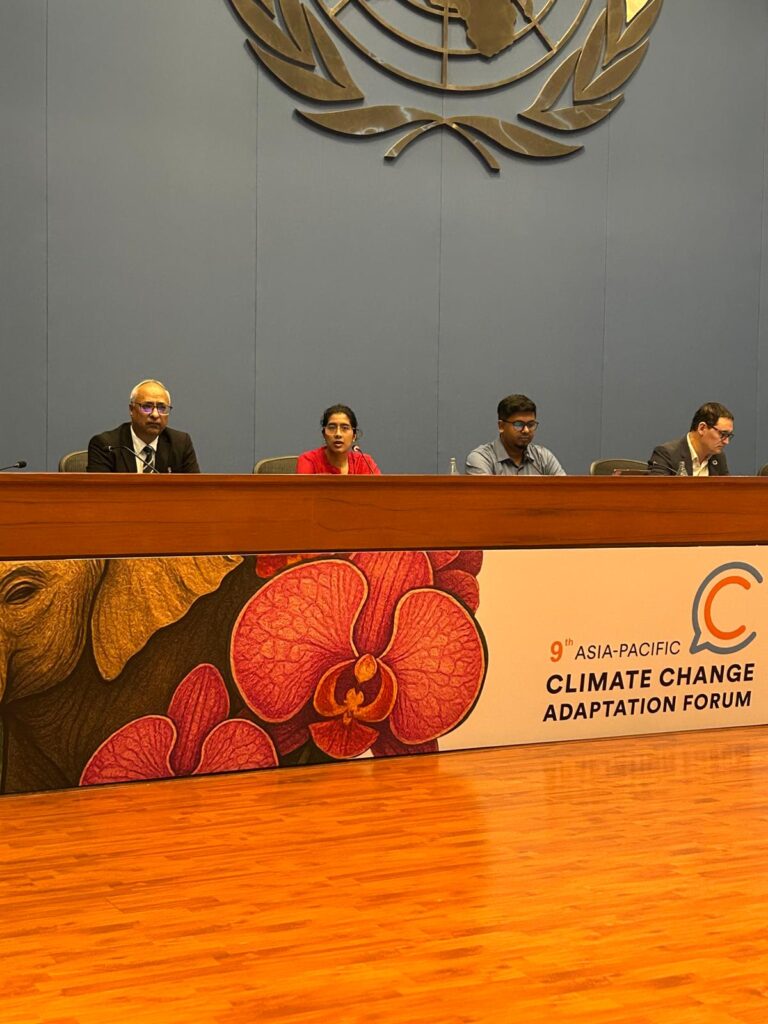
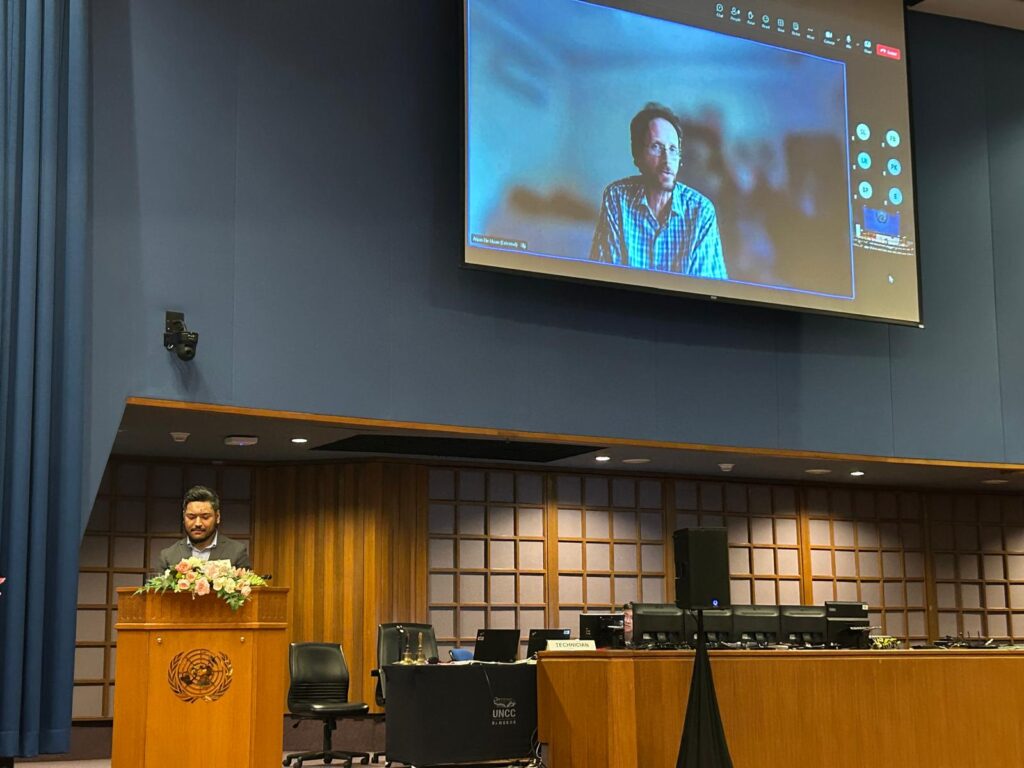
In Asia, CLARE supports a diverse portfolio of projects working to produce evidence that leads to inclusive and sustainable climate resilience. As the panelists spoke to, CLARE projects embrace co-creation and inclusive approaches to deliver solutions that strengthen the climate resilience of communities.
Insight into enablers of transformational adaptation
Drawing on lessons from the CLARE portfolio in Asia, panelists emphasized the importance of community co-creation, timing and sequencing actions, and systemic and mindset shifts beyond incremental adaptation.
“Transformational Adaptation means a fundamental shift in mindsets, policies, and practices.” — Nazia Khan Lina, SUCCESS project
Explore key takeaways and recommendations for enabling transformational adaptation from each speaker:
CLARE-ASEAN (Thailand):
Takeaway: Build urban resilience by combining hazard-agnostic research, co-created solutions, and policy dialogues at ASEAN and local levels.
Recommendation: Embed evidence into policy frameworks and strengthen local research capacity.
SUCCESS (Bangladesh):
Takeaway: Migration can be a proactive adaptation pathway if reframed positively.
Recommendation: Integrate mobility into national strategies through participatory, equity-focused approaches and seize “policy windows.”
ClimateREEFS (Philippines):
Takeaway: Transformation requires alignment of science, policy, and community leadership.
Recommendation: Scale adaptive reef identification and empower women and small-scale fishers via savings clubs and behavior-change campaigns.
CLARITY (India):
Takeaway: Parallel, co-created actions with farmers and governments are essential.
Recommendation: Diversify adaptation options, strengthen irrigation, and foster peer learning to avoid one-size-fits-all solutions.
iCRA (Nepal):
Takeaway: Intersectionality must inform climate risk assessment.
Recommendation: Tailor solutions to diverse contexts and address root causes like caste and gender discrimination for long-term resilience.
Innovative Facilitation (Bangladesh):
Takeaway: Adaptation dialogues need systemic change in “how” participation happens.
Recommendation: Equip facilitators with creative, inclusive methods and sustain communities of practice to overcome institutional barriers.
Collectively, the panel underlined that transformational adaptation requires not only technical solutions but also deep cultural, institutional, and behavioral changes that empower vulnerable groups to lead in shaping resilient futures.
“Transformational adaptation for us is about how climate change dialogue is designed and facilitated — moving from business-as-usual workshops to inclusive, creative processes where marginalized people, women, and youth have space to shape adaptation pathways.” — Md. Lutfor Rahman, Innovative Facilitation project
Addressing barriers to transformational adaptation
The speakers also highlighted persistent barriers to transformational adaptation, rooted in institutional inertia, political instability, and social inequality. Addressing these challenges requires sustained effort, deep contextual understanding, and a commitment to equity.
The speakers addressed the following challengers as key barriers to transformational adaptation:
- Negative narratives
- Policy and institutional inertia
- Political instability
- Risk of maladaptation
- Contextual complexity
- Intersectional inequalities
- Sustainability of impact
“There is no one-size-fits-all approach, because even within Nepal the context is very different — mountains, hills, and the plains each face unique challenges.” — Raju Pandit Chhetri, iCRA project
Watch the full session recording
The full recording of the flagship CLARE session at the 9th APAN Forum is available on YouTube:
Ultimately, the session affirmed that transformational adaptation is possible only when science, policy, and communities converge to address root causes of vulnerability. Co-creation, inclusive participation, and systemic shifts, rather than incremental fixes, are essential to build resilience and ensure adaptation pathways are equitable, scalable, and sustainable.
Categories
Countries
CLARE Pillars
CLARE Themes
CLARE Topics
Published
CLARE Projects
CLARE Partners


